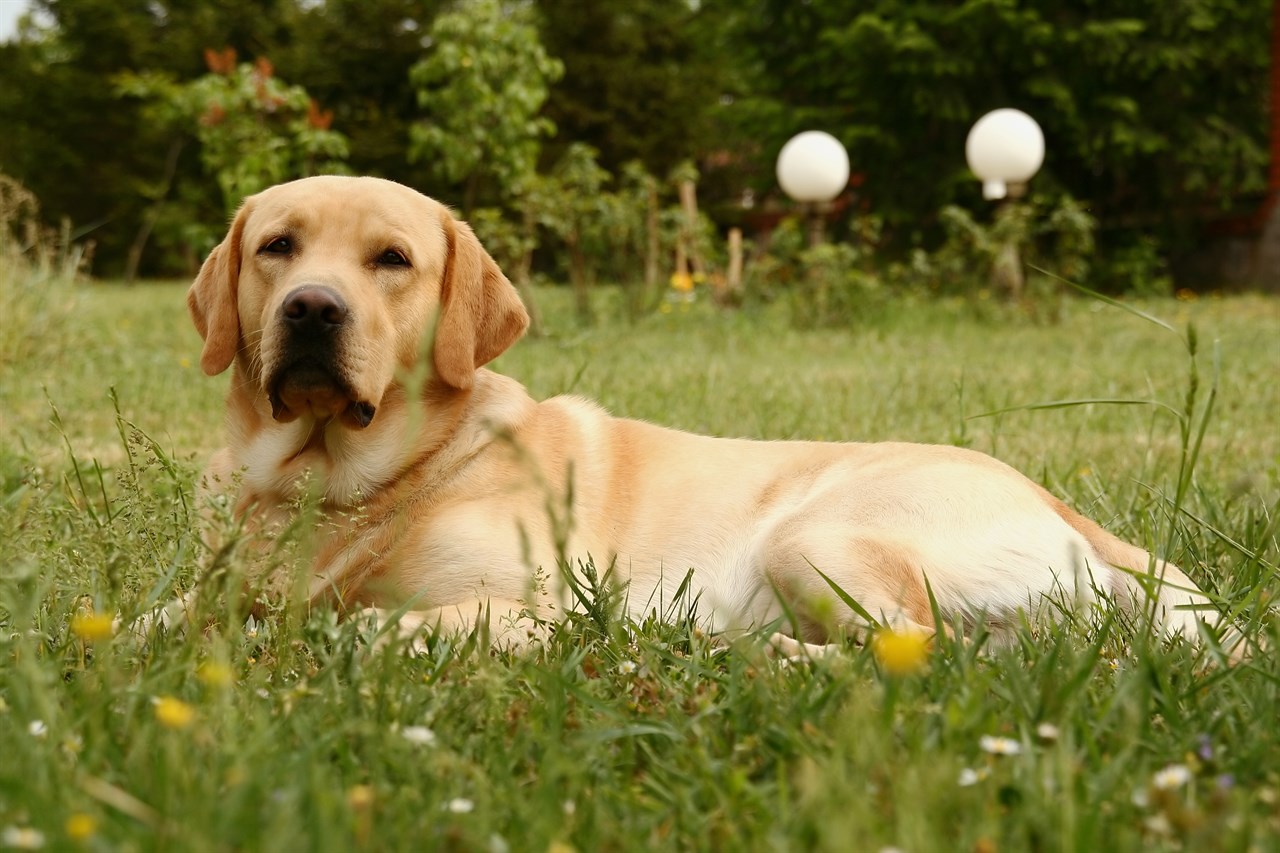Feeding Habits and Food Requirements of the Labrador Retriever

Proper nutrition is essential to keep your Labrador Retriever healthy and thriving. Labradors are known for their love of food, but maintaining the right balance of nutrients and portion control is crucial to prevent obesity and promote overall well-being. Here's a guide to the feeding habits and food requirements of the Labrador Retriever.
Age-Appropriate Nutrition
Labradors have different dietary needs at different stages of their lives:
- Puppy Stage: During puppyhood (up to 12 months), Labradors require a diet rich in protein and nutrients to support their rapid growth and development.
- Adult Stage: Adult Labradors (1 to 7 years) need a balanced diet that supports their active lifestyle without excessive calories.
- Senior Stage: Senior Labradors (7 years and older) benefit from a diet designed for ageing dogs, which often includes joint support and lower calorie content.
High-Quality Dog Food
Choose a high-quality commercial dog food that meets the nutritional requirements for your Labrador's life stage. Look for foods with real meat as the primary ingredient and avoid products with excessive fillers and artificial additives.
Portion Control
Labradors are prone to overeating, which can lead to obesity. Follow the feeding guidelines provided on the dog food packaging and consult your veterinarian to determine the appropriate portion size for your Labrador's age, activity level, and weight.
Meal Schedule
Establish a regular feeding schedule with set mealtimes, typically two meals a day for adult Labradors. Puppies may require more frequent feedings. Consistency in meal times helps regulate your Labrador's digestion and prevents overeating.
Avoid Table Scraps
While it's tempting to share food with your Labrador, avoid feeding them table scraps, as this can lead to digestive upset, obesity, and unhealthy habits.
Fresh Water
Ensure your Labrador always has access to fresh, clean water. Proper hydration is essential for digestion and overall health.
Special Dietary Considerations
Some Labradors may have allergies or sensitivities to certain ingredients. If you suspect your dog has food allergies, consult your veterinarian to explore appropriate dietary options.
Treats and Snacks
Limit the number of treats and snacks you give your Labrador, as these can contribute to excess calorie intake. Opt for healthy, low-calorie treats or use their regular kibble as training rewards.
Weight Management
Regularly monitor your Labrador's weight and body condition. Obesity is a common issue in this breed, so consult your veterinarian if you notice any weight gain or loss.
Special Dietary Needs
In some cases, Labradors may have specific dietary needs due to health conditions. For example, senior Labradors may benefit from joint supplements, and dogs with allergies might require hypoallergenic diets. Always consult your veterinarian for guidance on special dietary needs.
Avoid Human Foods Harmful to Dogs
Be aware of foods that are toxic to dogs, such as chocolate, grapes, raisins, onions, and garlic. Keep these items out of your Labrador's reach.
Consult with your veterinarian to create a customised feeding plan that meets your Labrador's specific needs, and be attentive to any changes in their appetite, weight, or overall health. Proper nutrition is a vital aspect of caring for your Labrador Retriever and ensuring they live a healthy and happy life.
Labrador Retriever puppies for sale
- Find Labrador Retriever puppies for sale in ACT
- Find Labrador Retriever puppies for sale in NSW
- Find Labrador Retriever puppies for sale in NT
- Find Labrador Retriever puppies for sale in QLD
- Find Labrador Retriever puppies for sale in SA
- Find Labrador Retriever puppies for sale in TAS
- Find Labrador Retriever puppies for sale in VIC
- Find Labrador Retriever puppies for sale in WA